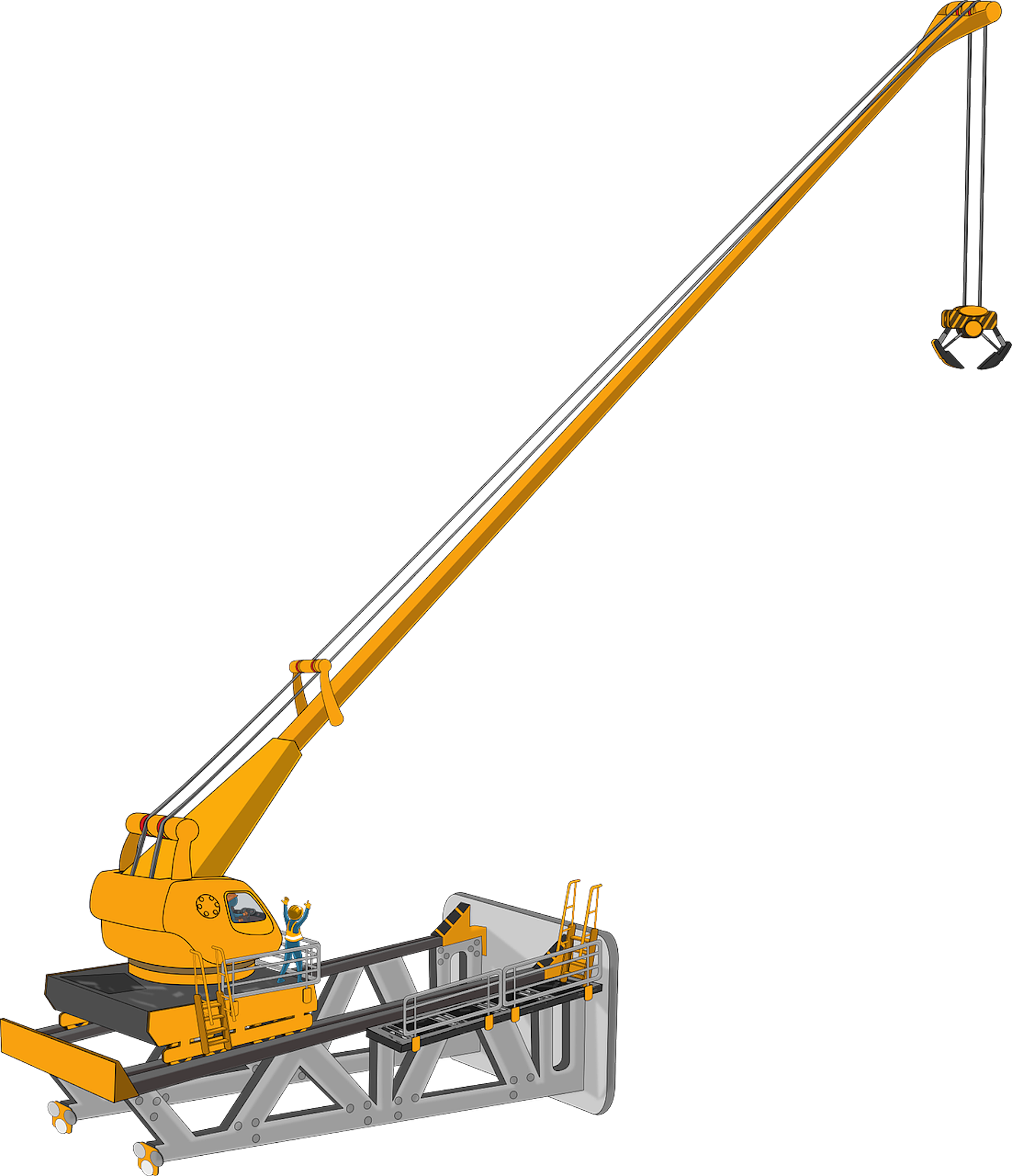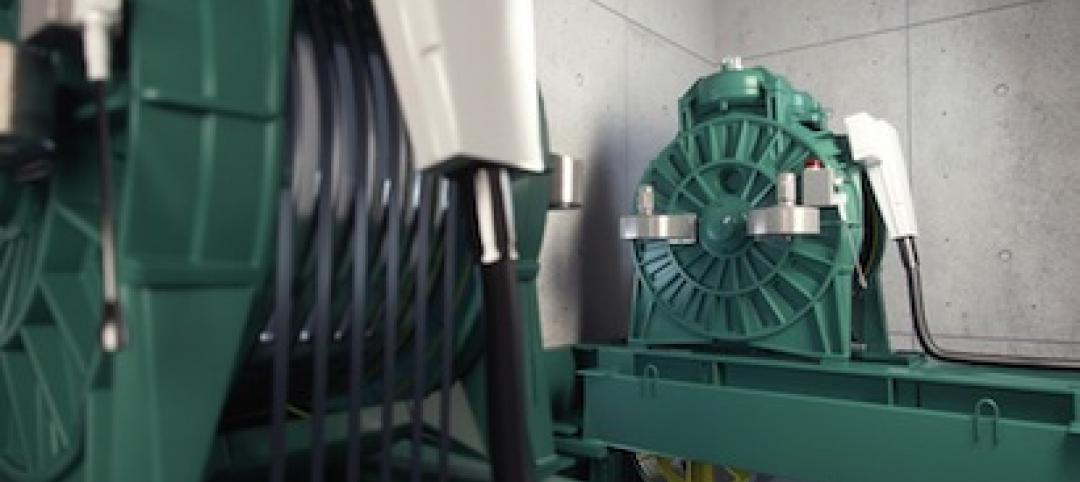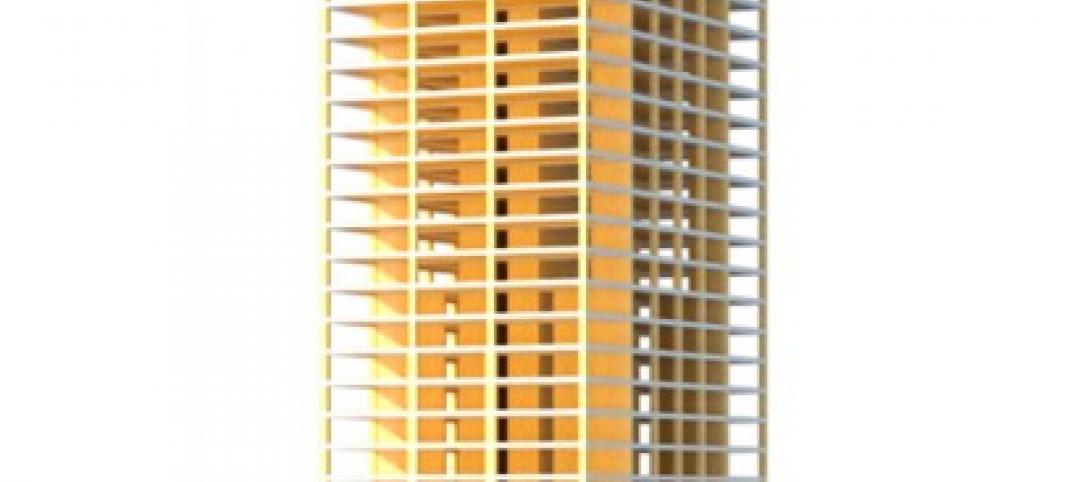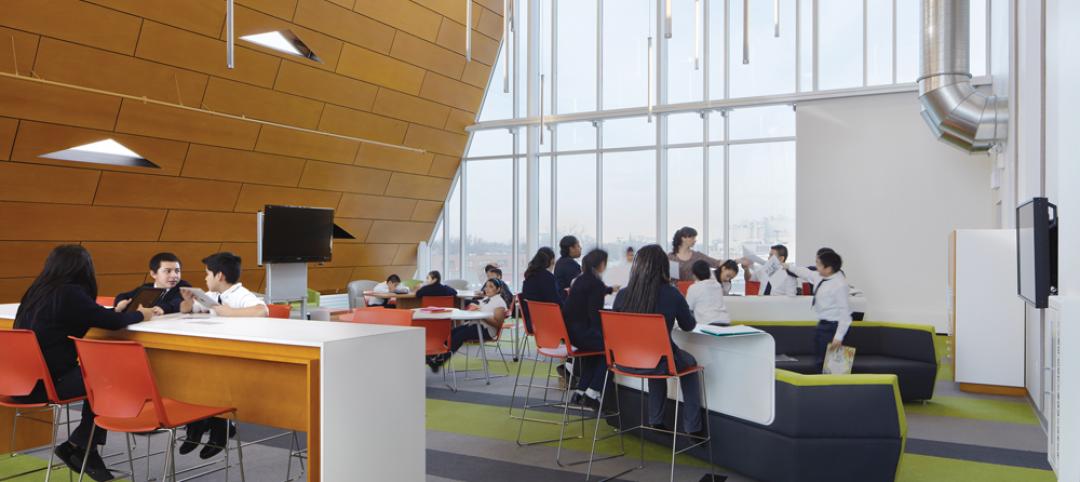Today, the U.S. Green Building Council announced nearly 100 net zero certifications earned under the LEED Zero program, representing more than 23 million square feet of space. One-fourth of LEED Zero projects earned multiple certifications, demonstrating achievement of net zero goals in several categories.
A complement to LEED certification, LEED Zero provides a clear, data-driven path to recognizing net-zero goals and signals market leadership in the built environment. In 2018, the first year LEED Zero was released, certifications were earned in every category, with one project earning certification in all four categories.
“Operating our buildings at net zero, combined with a solid green building strategy, is a cost-effective solution to tackling the climate crisis,” said Peter Templeton, USGBC’s interim president & CEO. “Reducing the carbon emissions of buildings is a critical part of the solving the climate puzzle. We will continue to work together with building owners and partners from all sectors to ensure that we meet net zero goals.”
LEED Zero energy certification is awarded to net zero energy buildings and communities that generate as much energy as they use over the course of the year. LEED Zero Carbon recognizes net zero carbon emissions from energy consumption through carbon emissions avoided or offset over one year. LEED Zero Water recognizes a potable water use balance of zero over one year. LEED Zero Waste recognizes buildings that achieve GBCI’s TRUE certification at the Platinum level.
Recent years have spotlighted the need to reduce carbon emissions and accelerate efforts to achieve a low-carbon future. Buildings account for nearly 40% of all carbon emissions, and according to a 2020 UN report, buildings must reduce at least 50% of their carbon emissions by 2030 to achieve net zero by 2050. Organizations, cities and countries around the globe are now monitoring their outputs and committing to carbon emissions reductions as well as net zero emissions.
This week is Net Zero Buildings Week, which is an opportunity to highlight the importance of green building and the push to decarbonize our existing buildings. In an effort to bring more awareness to the building sector’s contribution to carbon emissions, USGBC is taking part in Net Zero Buildings Week, joining the New Buildings Institute and other building industry partners to highlight the benefits of net zero buildings for a clean energy future. Join us as we virtually spread the word about net zero buildings and the people behind them. All organizations and firms are invited to participate by sharing their resources on social media using the hashtag #NetZeroNow.
Related Stories
| Jun 11, 2013
Finnish elevator technology could facilitate supertall building design
KONE Corporation has announced a new elevator technology that could make it possible for supertall buildings to reach new heights by eliminating several problems of existing elevator technology. The firm's new UltraRope hoisting system uses a rope with a carbon-fiber core and high-friction coating, rather than conventional steel rope.
| Jun 4, 2013
SOM research project examines viability of timber-framed skyscraper
In a report released today, Skidmore, Owings & Merrill discussed the results of the Timber Tower Research Project: an examination of whether a viable 400-ft, 42-story building could be created with timber framing. The structural type could reduce the carbon footprint of tall buildings by up to 75%.
| May 17, 2013
40 Under 40: Meet the engineers
Learn about seven highly talented engineers who made Building Design+Construction's "40 Under 40" class for 2013.
| Apr 10, 2013
23 things you need to know about charter schools
Charter schools are growing like Topsy. But don’t jump on board unless you know what you’re getting into.











